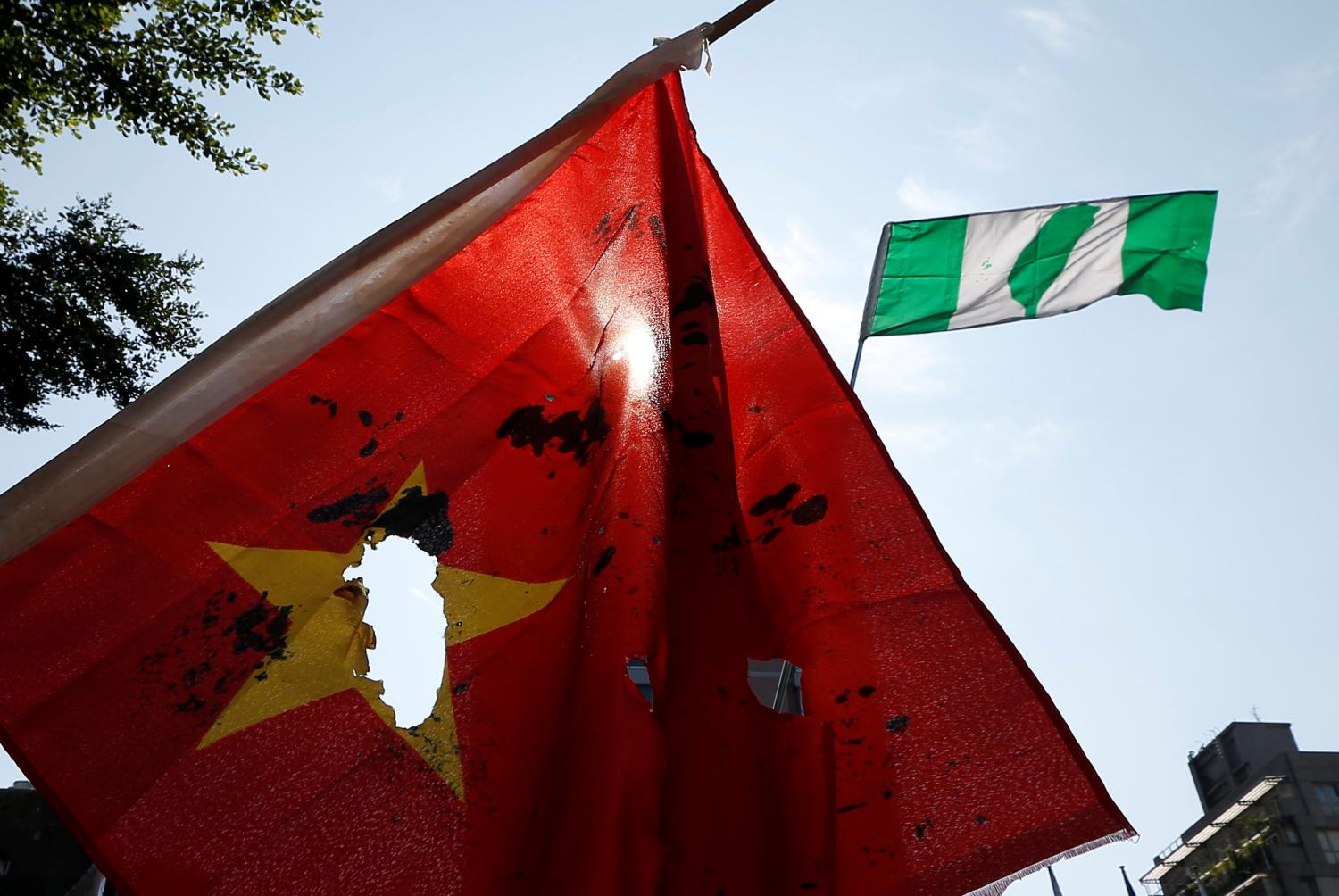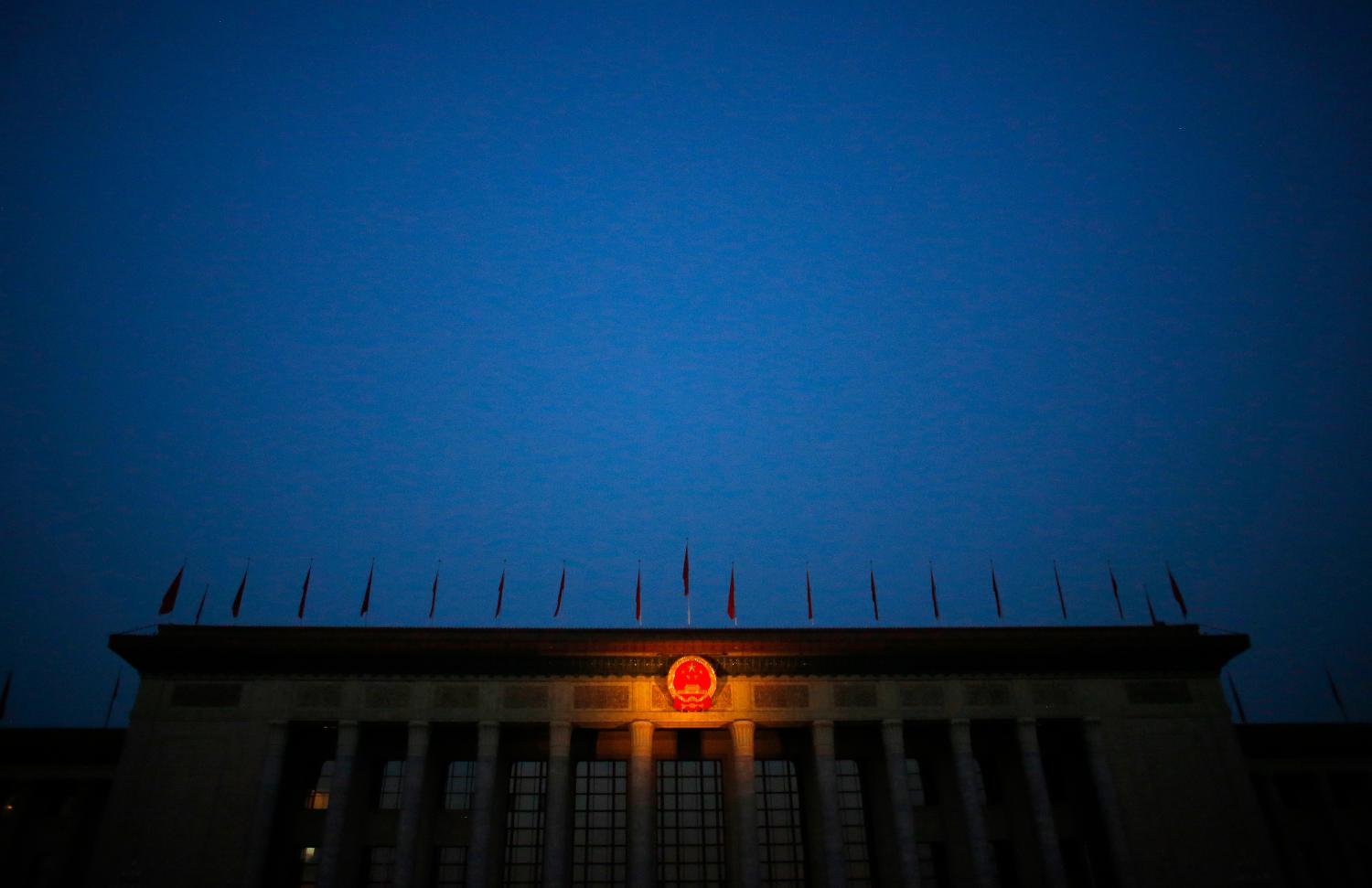Executive summary
 Beijing’s goal concerning Taiwan is decidedly revisionist. It wishes to end the island’s separate political existence and incorporate it into the People’s Republic of China under terms similar to those employed for Hong Kong — known as one country, two systems (1C2S) — and so place limits on Taiwan’s sovereignty and democracy.
Beijing’s goal concerning Taiwan is decidedly revisionist. It wishes to end the island’s separate political existence and incorporate it into the People’s Republic of China under terms similar to those employed for Hong Kong — known as one country, two systems (1C2S) — and so place limits on Taiwan’s sovereignty and democracy.
That formula was unacceptable to Taiwan’s authoritarian leaders when it was first developed in the late 1980s. Once Taiwan made the transition to democracy in the early 1990s, the public rejected it as well. Democracy also opened the door to the minority on Taiwan who wanted de jure independence and total separation from China, a source of great concern in Beijing. Still, Beijing held out the hope that Taiwan could be persuaded to accept 1C2S, and those hopes rose when Ma Ying-jeou, then head of the main conservative party, the Kuomintang, became president in 2008. Thereafter, cross-Strait relations did improve economically, but for a variety of reasons the political relationship stalled. Worse yet for China, Ma was succeeded in 2016 by Tsai Ing-wen, the leader of the Democratic Progressive Party, which Beijing associates with the goal of independence.
Beijing therefore faces a choice among several options. Hypothetically, it could make 1C2S more palatable to Taiwan, but there is no sign that it will do so. It could return to persuasion if the Kuomintang returns to power, but there is a good possibility that it would not be able to move Taiwan closer to unification than it did with Ma. China’s military power is growing, but the risks of war and American intervention are too high. The “just right” option is a mix of intimidation, pressure, and cooptation, which is what China has done in response to President Tsai’s election. The risks are lower and over time Taiwan’s will to resist might falter. Indeed, division and mistrust in Taiwan’s politics sap its ability to cope with an increasingly clever and aggressive China.
The Brookings Institution is committed to quality, independence, and impact.
We are supported by a diverse array of funders. In line with our values and policies, each Brookings publication represents the sole views of its author(s).





